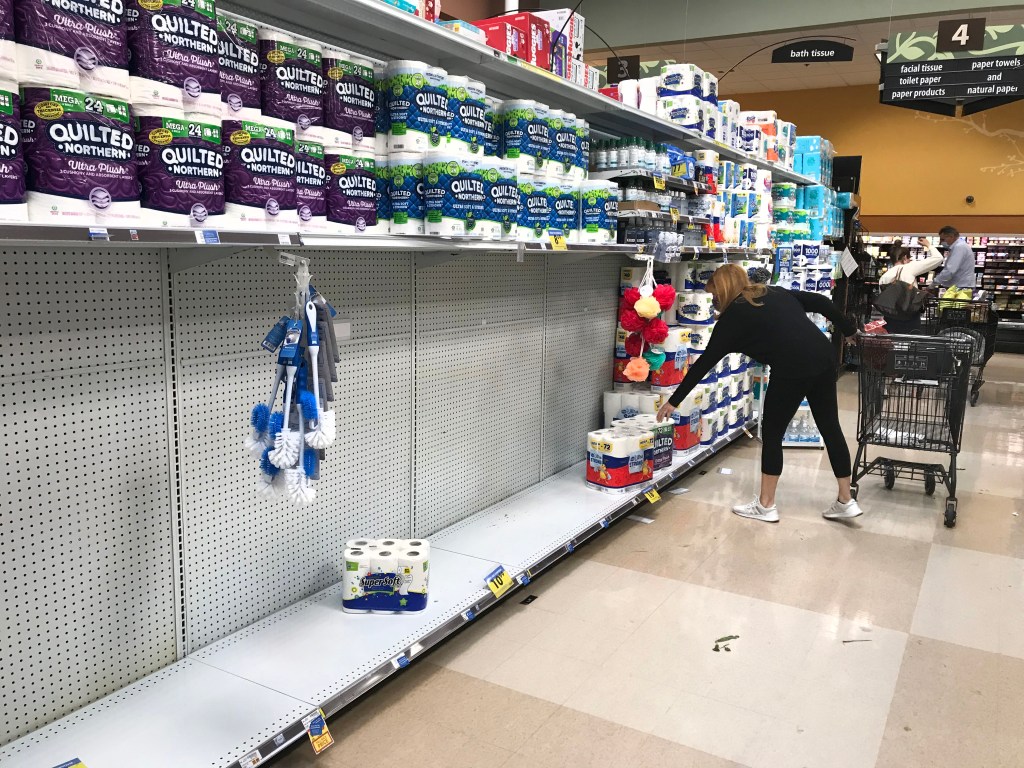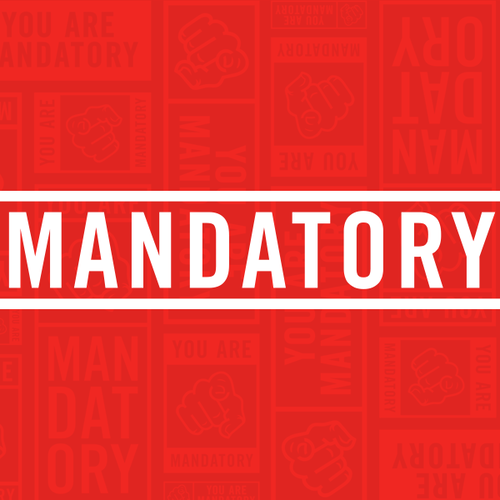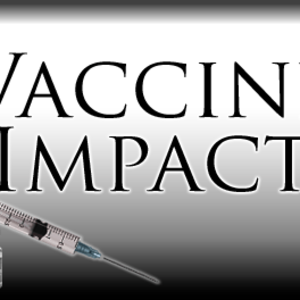Ongoing port strikes along the East Coast and Gulf of Mexico are causing widespread consumer panic, resulting in empty shelves at stores across the country. While toilet paper shortages have sparked alarm, experts say consumers may be focusing on the wrong products, with the real threat lying in the disruption of more perishable goods, particularly bananas.

Nearly 90% of the U.S. toilet paper supply is produced domestically or imported from Canada and Mexico by rail, bypassing the ports affected by the strikes.
Despite fears of a repeat of the 2020 shortages, paper supply chains remain stable, and panic buying is unlikely to have a lasting impact.
The true disruption, however, is to the supply of bananas. Nearly 100% of the bananas consumed in the U.S. are imported, with more than half passing through the ports currently paralyzed by the strike. Wilmington, Delaware, a major entry point for over 25% of the nation’s bananas, is one of the most affected.
In 2023, the U.S. imported over 11 billion pounds of bananas, making the fruit a staple in American households.
Due to their low value and highly perishable nature, bananas cannot be stockpiled in advance. As the strikes continue, grocery stores may soon face a shortage of bananas, with limited options to source replacements quickly.
President Joe Biden has called on both sides to reach a fair agreement but has stopped short of invoking the Taft-Hartley Act, which would impose an 80-day cooling-off period on strikes that threaten national health and safety.
As the negotiations drag on, analysts estimate the economic impact of the strikes could range from $500 million to $5 billion per day.


























































